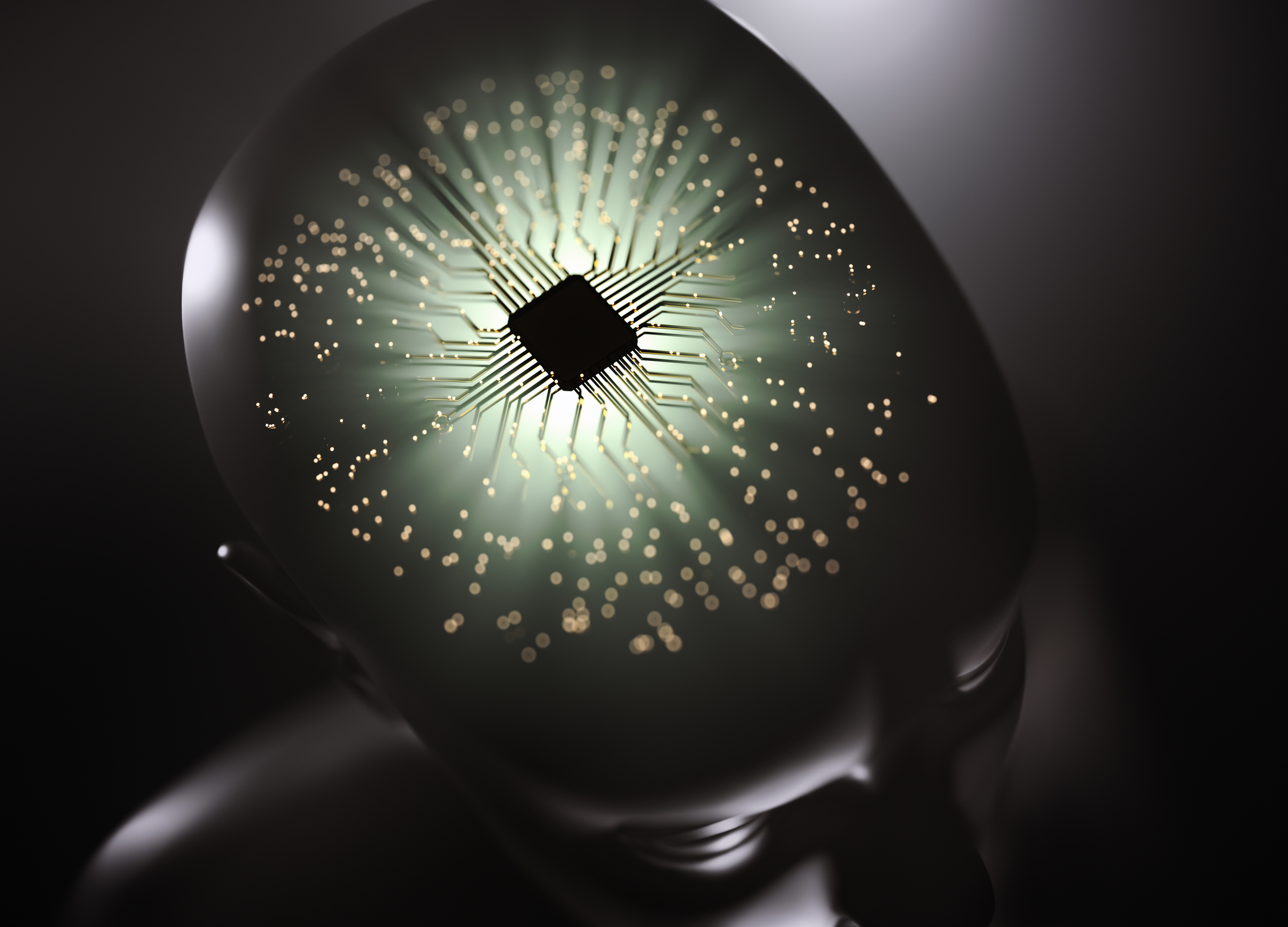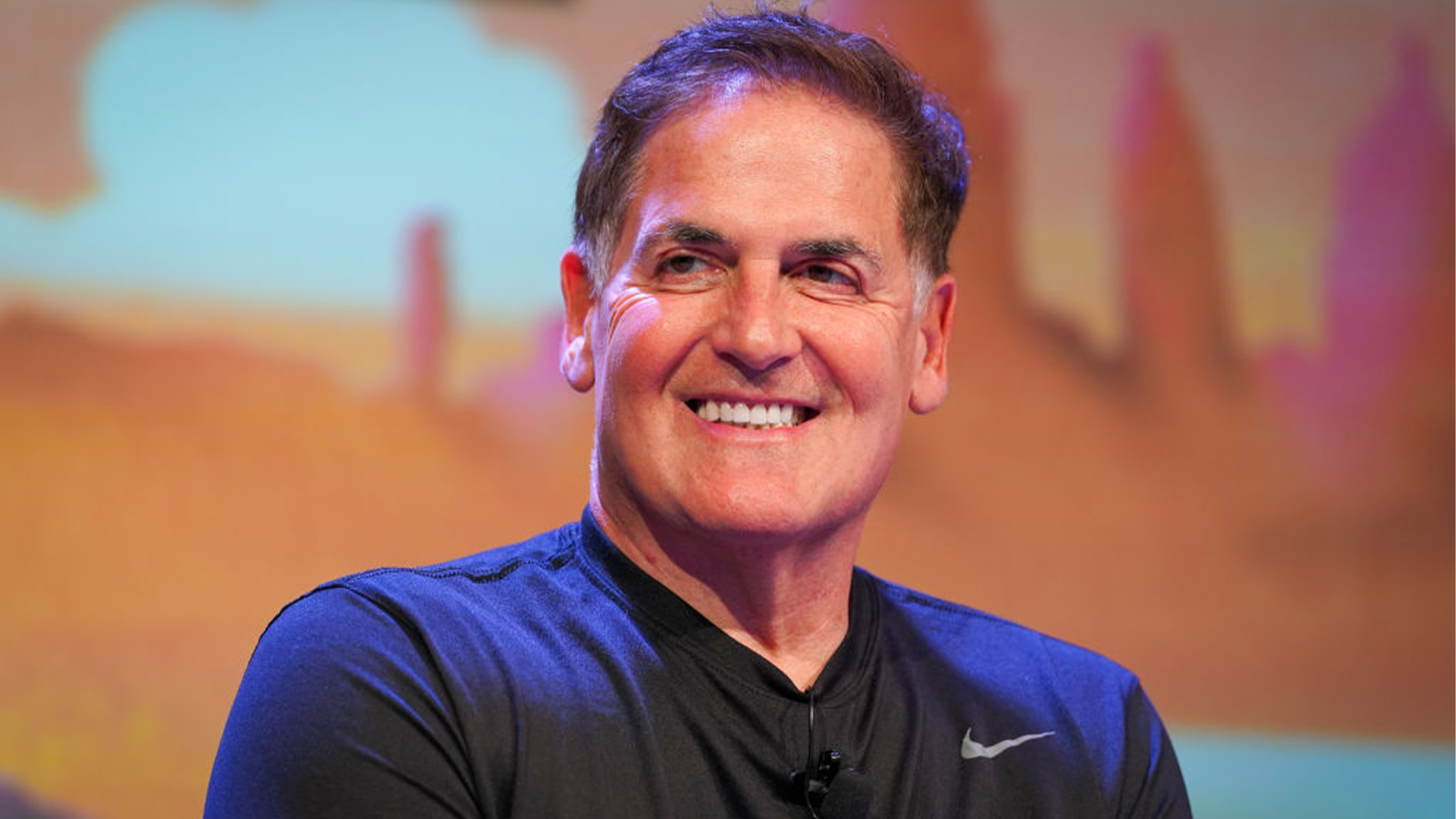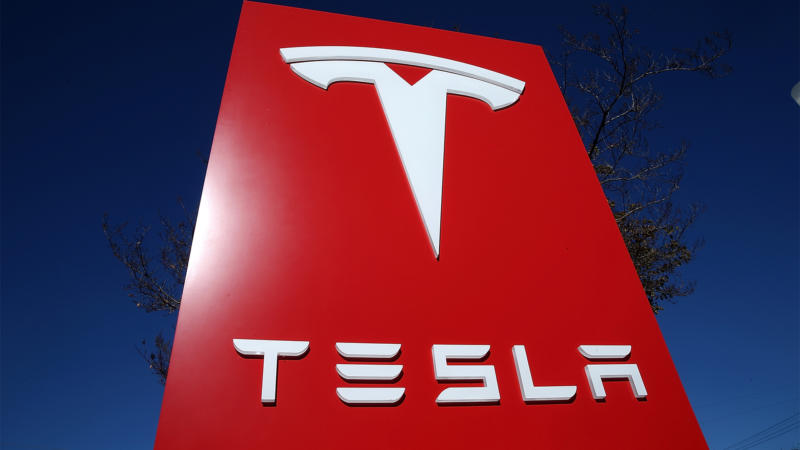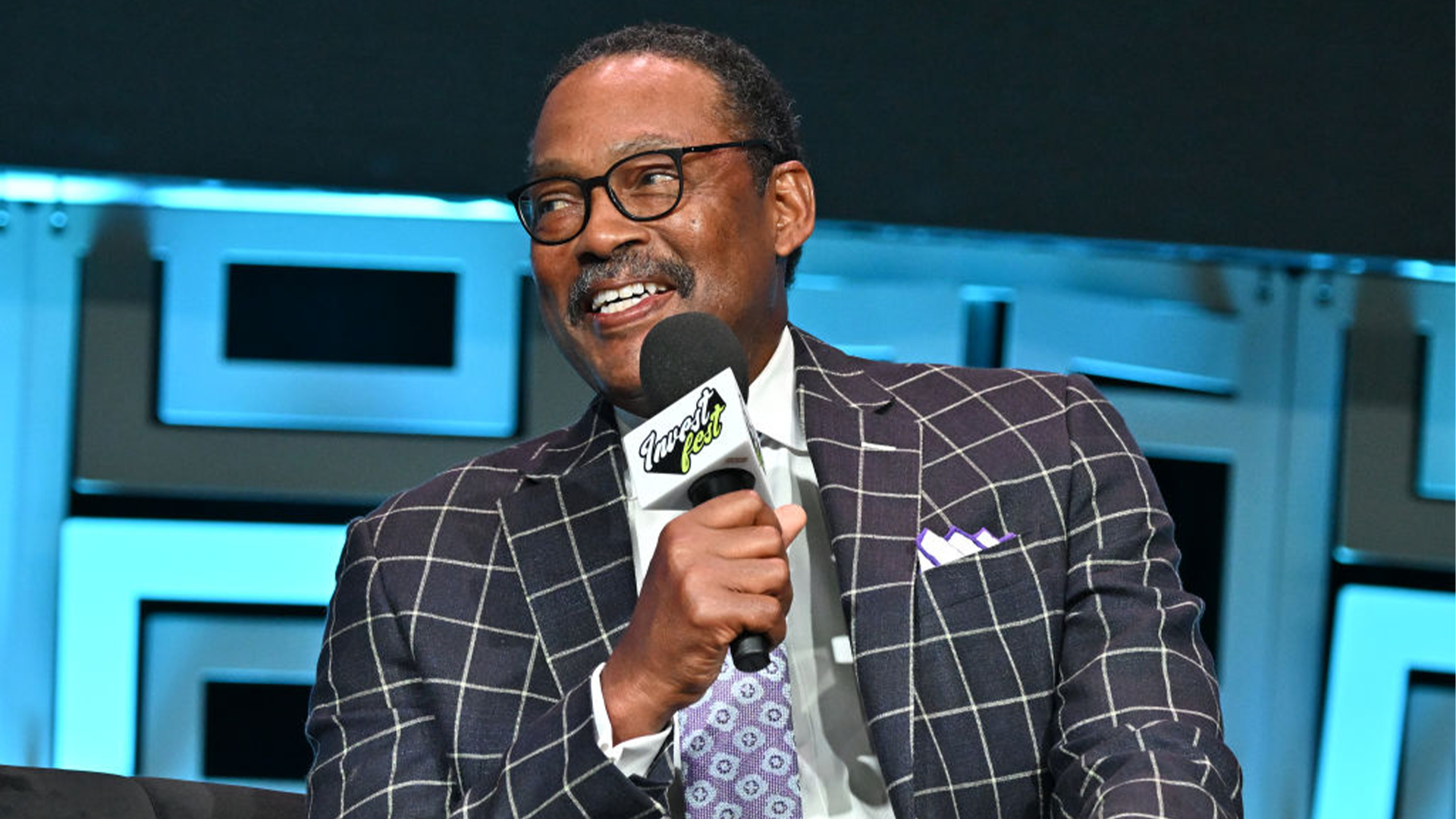The world seems to be stepping into scary hours, and this time it’s not about a Drake song.
Tech billionaire Elon Musk’s latest venture, Neuralink, gained the necessary approval to move forward as a brain implant and surgical tool.
According to the company’s website, Neuralink has a mission to “create a generalized brain interface to restore autonomy to those with unmet medical needs today and unlock human potential tomorrow.”
The brain implant seeks to assist patients who suffer from severe paralysis in regaining communication abilities through controlled external technology exclusively using neural signals, per CNBC.
In order to proceed with its work, Musk and Neuralink needed FDA approval. Based on a Reuters report, the FDA released a statement noting that it cleared Neuralink to use its technology for trial patients.
The FDA approval is a critical milestone in Musk’s work. Although vague with the next steps, Neuralink shared excitement about what it feels will help improve people’s lives.
We are excited to share that we have received the FDA’s approval to launch our first-in-human clinical study!
This is the result of incredible work by the Neuralink team in close collaboration with the FDA and represents an important first step that will one day allow our…
— Neuralink (@neuralink) May 25, 2023
“This is the result of incredible work by the Neuralink team in close collaboration with the FDA and represents an important first step that will one day allow our technology to help many people,” Neuralink tweeted. “Recruitment is not yet open for our clinical trial. We’ll announce more information on this soon!”
Neuralink is powered by a component of artificial intelligence called brain-computer interface (BCI). According to CNBC, the study of BCI has been ongoing for decades. However, FDA approval has been more than challenging to obtain for BCI companies.
Therefore, Musk’s Neuralink FDA approval is a landmark, making its company the first to receive such approval.
However, the approval comes at a time when Neuralink still faces investigations about the alleged mistreatment of animals and the mishandling of equipment. “Rushing” through animal surgeries and “botching” procedures in pursuit of FDA approval resulted in more animal deaths than necessary, according to Neuralink employees.
The Reuters report further outlined earlier safety concerns Neuralink faced specifically associated with the device’s lithium battery and how to safely remove the device without negatively affecting brain tissue.
Despite these hurdles, the FDA approval represents Musk’s desire to move forward.
And in case you were wondering, he noted in a previous event that he would have an implant in his brain at some point.

















